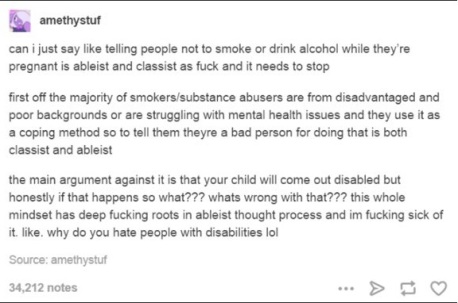In praising Zootopia recently while discussing movies’ wider metaphors, allegories, and moral messages, Laci Green (on MTV’s Braless) mentioned that Big Hero 6 demonstrates the importance of non-violence.
And it’s true, the movie does push for the main character Hiro not to murder a man responsible for the death of his brother, Tadashi. But that’s buried in the story arc of Hiro grieving in a healthy way. Instead of seeking revenge for Tadashi’s death, Hiro, his classmates, and his robot stumble onto a nefarious plot and set out to undo it. Major kudo points go to the film for having Hiro actually report the initial incident to the police instead of setting his heart on revenge from the get-go , which is normal in revenge plots.
The rest of the movie, however, is simply a superhero movie. A more strangely plotted superhero movie than is normal, but after discovering his brother’s death was not an accident, Hiro follows the superhero path remarkably closely. He even creates a whole group of six superheroes made up of his friends.
Which is what really annoys me.
Superhero movies are nothing new and they’ll be around for ages to come, so the fact Disney created an animated superhero film is par for the course (although the Fall Out boy song montage was a nice touch). What bothered me was that the film did preach about helping others, but only allowed the characters to do so as superheroes. Before Hiro enlists his friends’ help to “catch the man in the mask,” they’re all in an elite science/engineering program at an impressive college. There’s a casual walk through their lab in the film, and it’s like every scientist’s dream. Impressive advancements in chemistry, engineering, and robotics are what the main characters are working on as school projects.
They inspire Hiro to do more with his life than bot-fighting, and he comes up with some pretty impressive tech himself. But that’s exactly when the catalyst death happens, and through various plot moves it’s suddenly vengeance time. Except Hiro’s tech has been stolen and co-opted by the bad guy, so his first act is to transform Baymax.
Baymax is a robot designed to help people, he has a “non-threatening, huggable” look, is programmed with over ten-thousand medical procedures, and can lift up to a thousand pounds. A robot like that could revolutionize the medical field – which already has problems with understaffing (or general nurse fatigue) and the general public not understanding what nurses do or how integral and important they are – but he also sounds like a godsend for disaster areas. A robot that can be programmed to speak multiple languages, scan for injuries or health levels without prejudice or bias, can lift debris safely, and administer treatment? I’m sure the National Guard, Red Cross, and Doctors Without Borders would love to get Baymax robots for their endeavors.
But that’s not cool enough to put in a superhero movie – Hiro has to program Baymax with karate, give him wings to fly with, and teach him to fist bump. Similarly, all of Hiro’s friends’ inventions aren’t cool enough for Hiro’s revenge superhero plan. So he remakes all of their inventions into crime fighting gear complete with costumes. And none of them want it – he does it all for them after basically ignoring their wishes and using the “my brother just died” guilt card.
Some more plot stuff happens, and they succeed in taking down the bad guy and in the fight a whole lot of property is damaged, and it’s likely a few people are hurt. But instead of using their awesome gear to help clean up and help people, the gang disappears into the city to officially become superheroes with secret identities.
Of course, they all end up continuing to take classes at their elite school, but considering the title, the merchandise, and that Disney’s producing a TV series about their superhero adventures – no one is supposed to remember that. The focus is on superheroes saving the day, and in doing so ignoring the genius, ingenuity, and real-life super work people do every day – creating a better world for us all.
Imagine if that’s what Disney made a heart-warming movie about? Nerds who create innovative and life-saving tech celebrated just as they are. I want Big Hero 6 to be that movie every time I watch it – and unfortunately it never is.

